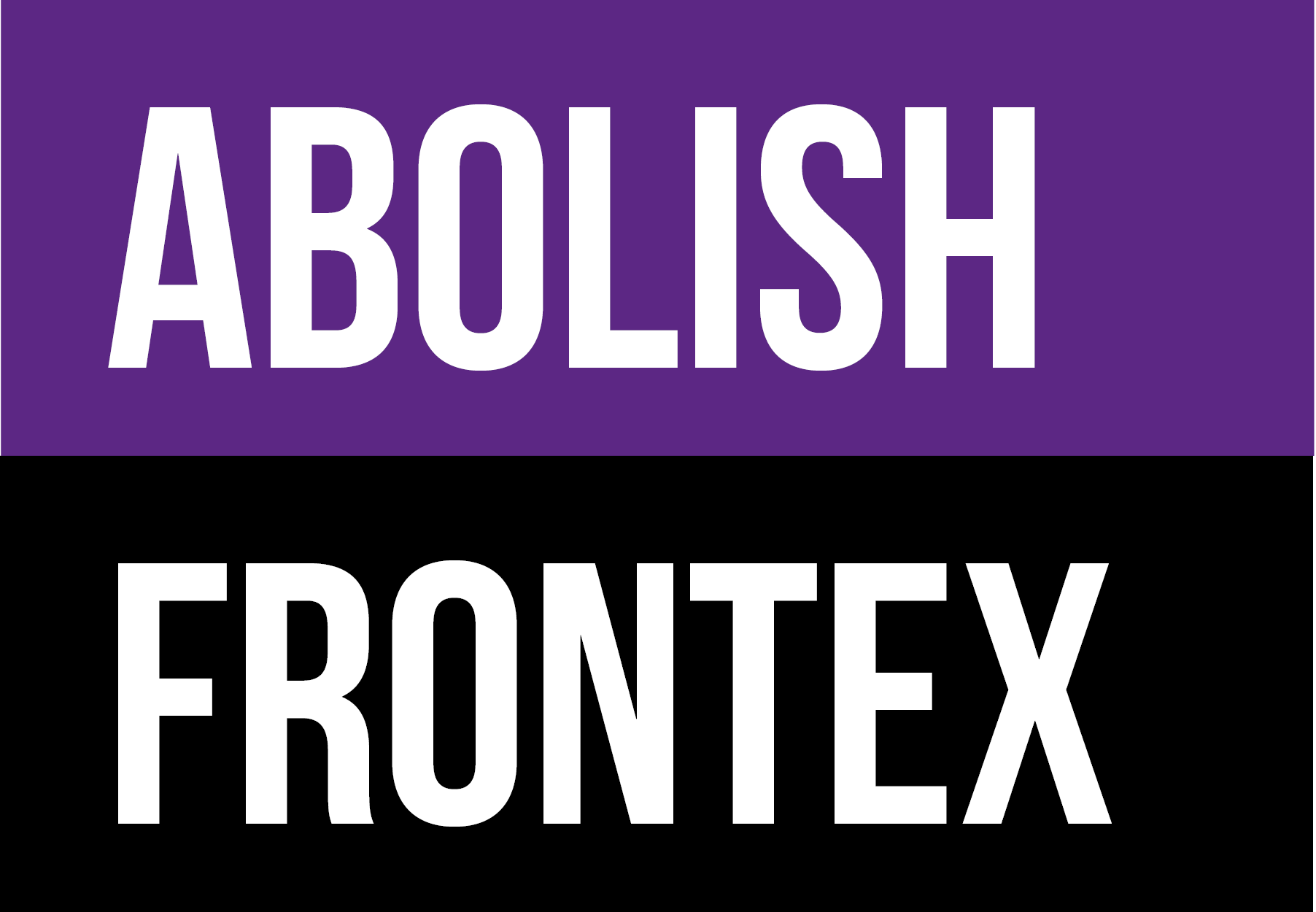It is also a very fertile ground for hatred of the other, of foreigners, in Poland and of course in all of Europe. The way people are treated by the government justifies the thoughts and actions of right-wing extremist groups and fuels the growth of a fascist European Border system. The fear and impotence that are brought by the tragic images relayed by the mainstream media are not new. It anguishes, immobilizes, demonstrating in black and white the authority of all-powerful militarized states, equipped with weapons and barbed wire. It makes people believe than this is the only option, that this is an efficient “solution” to a “dangerous crisis”. Who is here in danger? In the meantime, attention is being diverted from a necessary reflection on possible solidarity structures and inclusion strategies that would not have cost more. Increasing this fear in any way is one of the most openly used tactics of the last century, to justify the more and more hermetic closing of borders. It is also a way to paralyze people, to make them feel unable to react to inhumane measures, unable to resist them.
However, many people and groups have taken action, despite the ever-increasing difficulties, danger and lack of means. These people are partly locals who didn’t accept the situation and got to be active, some joined more or less institutionalized associations, or formed autonomous groups. Directly, autonomous anarchist groups have joined them and organized in their own way a system of first aid. Beyond the physical help, their goal is also to spread honest and effective information about what is happening there, for the rest of Europe.
Link to the NoBorderTeam Telegram info-chanel: t.me/no_borders_team.
In December 2021, the No Border Team Poland invited groups from several European countries to discuss the situation. The goals of this meeting were to get a better understanding of the situation in Poland, what has been done so far and which are the current needs. Also, to connect more autonomous groups around the cause in order to strengthen the European network of anti-border activists and to think about common strategies.
Read further at Kontrapolis




 [by Radical Solidarity and Stop the War on Migrants] 1 February 2022 – Last week, Poland started the construction of a wall at its border with Belarus. This is to prevent people on the move to enter its territory (and, by corrolary, the EU) and seek asylum. After sending armed soldiers to harass migrants and refugees, Poland, blessed by EU’s ‘blindness’, is now erecting the closure of Fortress Europe. This all comes to life in the height of winter with freezing temperatures further endangering the lives of migrants. So far, official numbers say that 10 people have died at this border, but activists and NGOs assure that the real number must be much higher. For the ones who make it into Poland, they are detained in detention centres and many are repatriated to their home countries – especially to Iraq. This is yet another proof that the EU will always prefer the freedom of movement of capital to the one of people.
[by Radical Solidarity and Stop the War on Migrants] 1 February 2022 – Last week, Poland started the construction of a wall at its border with Belarus. This is to prevent people on the move to enter its territory (and, by corrolary, the EU) and seek asylum. After sending armed soldiers to harass migrants and refugees, Poland, blessed by EU’s ‘blindness’, is now erecting the closure of Fortress Europe. This all comes to life in the height of winter with freezing temperatures further endangering the lives of migrants. So far, official numbers say that 10 people have died at this border, but activists and NGOs assure that the real number must be much higher. For the ones who make it into Poland, they are detained in detention centres and many are repatriated to their home countries – especially to Iraq. This is yet another proof that the EU will always prefer the freedom of movement of capital to the one of people. 